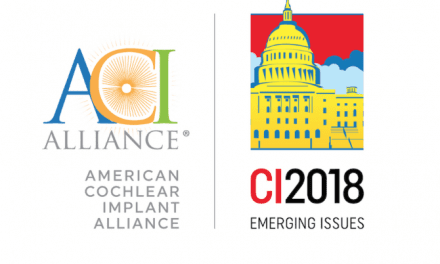Up to 60% of newborns still do not undergo hearing screening in Argentina in spite of a law, enacted 6 years ago, mandating newborn hearing screenings. The law calls for all newborns to be screened for hearing loss before the age of 3 months in private or public health care centers.
The failure in carrying out the national screening program was reported by Argentina’s Federation of Othorhinolaryngology Societies and the Society of Othorhinolaryngology.
Hearing screening is prescribed individually by pediatrics. However, only 40% of newborns are screened for hearing loss, and the screenings mostly occur in private health care centers. Between 2,000 and 3,500 children are born with hearing impairment, and one child in 1,000 suffers from profound hearing loss while another one in 1,000 develops this impairment in his or her lifetime.
The economic burden for hearing specialists associated with the screening is one of the main reasons for the program’s failure.
According to the Argentinean associations, the equipment to conduct an otoacoustic emission test (OAE) in newborns is not available in public hospitals. The OAE records in a noninvasive way the faint vibrations that come from a baby’s ear in response to sounds. The $3,000 to $6,000 cost of the equipment is not considered to be a problem, but the economic burden stems from the inability to hire trained professionals to operate the equipment and from the further monitoring of a diagnosed hearing-impaired child.
In these circumstances, most of the hearing screenings performed involve newborns at high risk, such as premature and underweight babies, or those with hearing-impaired parents.
Undiagnosed hearing loss in children generally slows the development of speech, language, and cognitive abilities. Early diagnosis and treatment with hearing aids, therapy, or cochlear implants is essential for developing language, speech, and cognitive and social abilities at the same rate as children with normal hearing.
[Source: hear-it]



